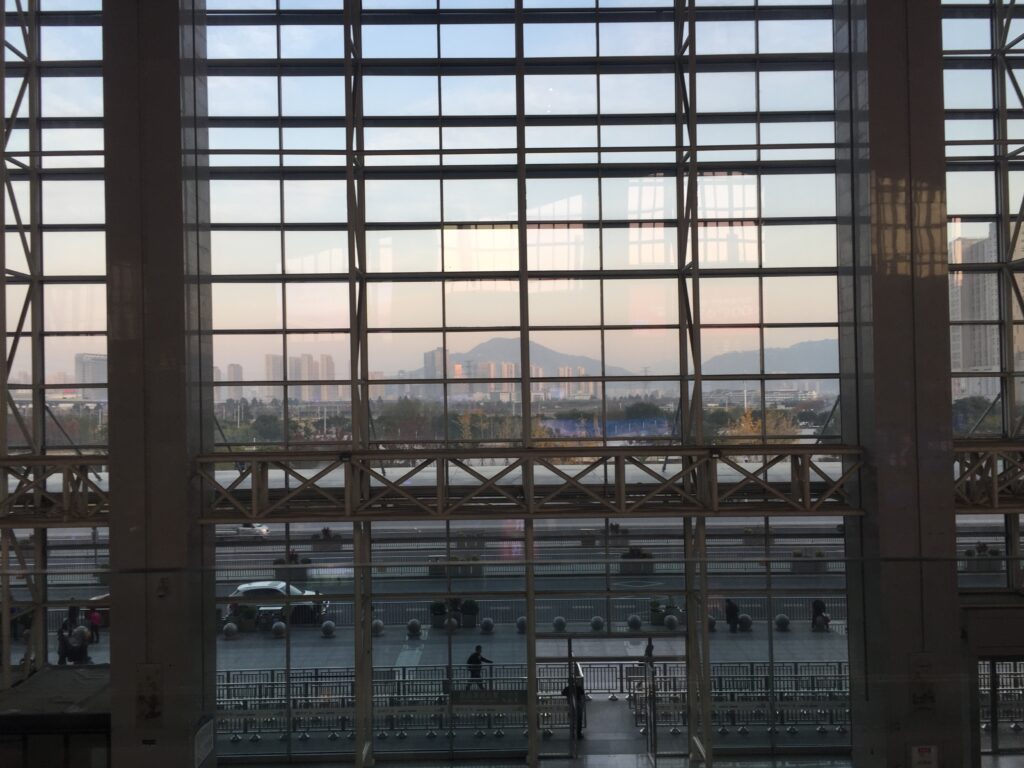
There is a complex strategy behind the fierce measures the People’s Republic’s leaders applied to curb the spread of COVID-19, argues Felix Wemheuer, Professor for China Studies at Cologne University (in German). A lockdown is easily enforceable in gated communities, which make up the most part of cityscapes in China: If a citizen’s QR-Code does not show green, but yellow or even red, access is denied to parks, restaurants, public transit, residential areas and one’s workplace. Companies work hand in hand with the local administration, the Chinese army and the Communist Party, the latter of which already celebrates the victory over the pandemic as its own achievement.
The army also plays a key role: It constructed a hospital in Wuhan within ten days and provides crucial expertise in the area of virology gained from experience in fighting diseases abroad as well as their work on biological warfare. Further, blacklisting has in many localities become an additional punishment for concealing one’s health history, disregarding compulsory quarantine or trading medical supplies illegally.
While Chinese diplomats aggressively spread a success story to the world, Wemheuer says it is too early to make a final judgment about the effectiveness of the People’s Republic’s measures. “[…] in this global epidemic, the schematic comparison of authoritarian and democratic systems can do little to explain why countries are affected to varying degrees by the epidemic”, Wemheuer explains in an interview with DW (in German). “Freedom of information by itself is no guarantee that measures against an epidemic will be taken quickly, as the cases of the USA and the winter sports industry in Tyrol have demonstrated. The pursuit of profit can also be a reason for cover-up.”
